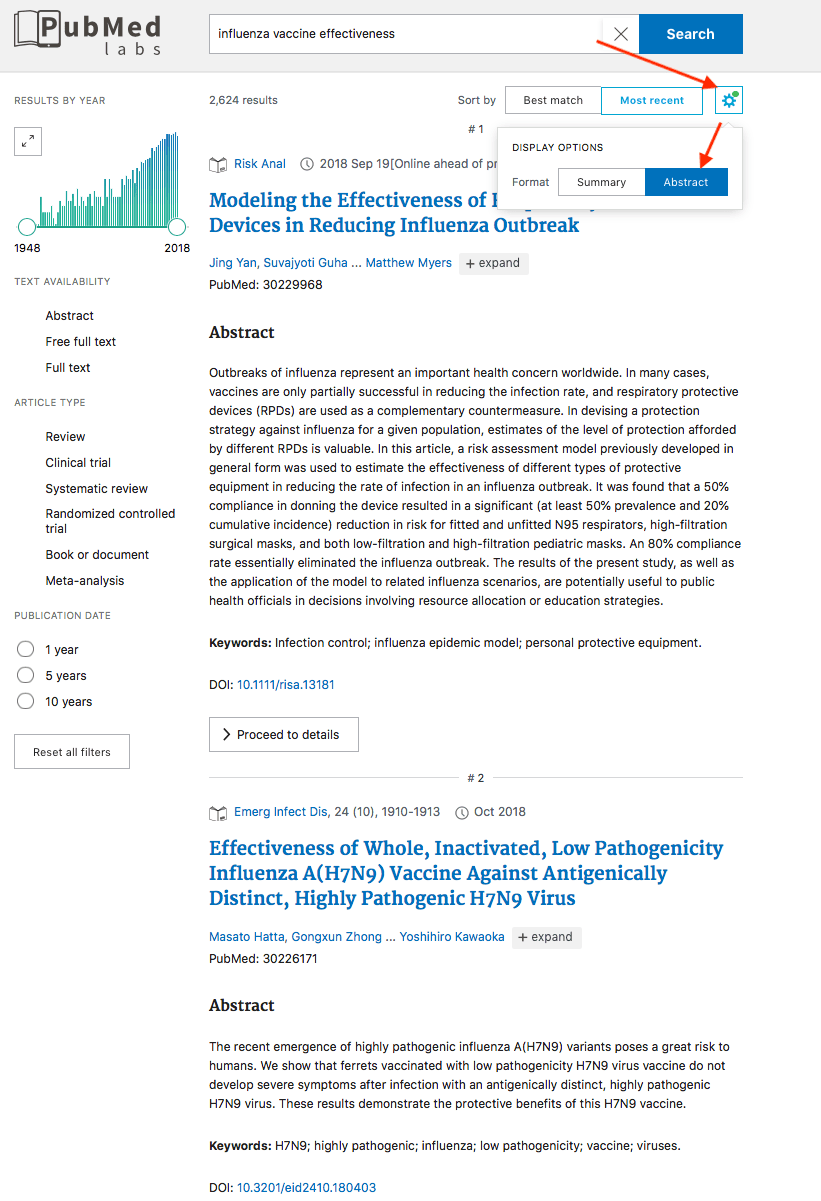
In 2016, NCBI introduced the Genome Data Viewer (GDV). This past May, the GDV replaced the aging Map Viewer. Over the past year, NCBI has kept you updated about GDV through announcements, webinars, and blogs. Now you can gather information and get an overview of all the changes to GDV in person at ASHG!
Check out Poster 1670F “What’s new with NCBI tools for genome visualization and analysis.” on Friday, Oct. 19 from 3 PM to 4 PM
(Exhibit Hall, Ground Level)
Continue reading “See improvements in NCBI’s genome visualization and analysis tools at ASHG”







